Chamomile tea has long been celebrated for its calming effects and numerous health benefits.
For those who struggle with sneezing caused by allergies or colds, this soothing herbal tea might offer more than just comfort—it could provide real relief. In this blog, we’ll explore five key reasons why chamomile tea is a promising natural remedy for sneezing, particularly for young and middle-aged individuals who suffer from seasonal allergies or sensitivities.
Introduction: Sneezing and Its Triggers
Sneezing is a natural reflex that helps the body clear irritants from the nasal passages.
However, frequent sneezing can be frustrating, especially when caused by persistent allergies or colds.
While antihistamines and decongestants are common treatments, many people prefer natural remedies to avoid potential side effects.
Chamomile tea has gained popularity as a gentle and natural solution for sneezing and other allergy-related symptoms.
Its unique properties make it a valuable addition to your wellness routine, especially if you’re looking for ways to reduce discomfort without relying solely on medications.
1. Anti-Inflammatory Properties: Easing Nasal Irritation
One of the primary reasons chamomile tea can help reduce sneezing is its powerful anti-inflammatory properties.
Chamomile contains flavonoids and antioxidants like apigenin, which have been shown to reduce inflammation in the body.
When you experience allergies or a cold, the nasal passages can become inflamed, leading to irritation and frequent sneezing. Drinking chamomile tea can help soothe this inflammation, providing relief from nasal congestion and reducing the frequency of sneezing fits.
- Scientific Insight: A study published in the Journal of Ethnopharmacology highlighted chamomile’s effectiveness in reducing inflammation, making it a promising remedy for respiratory discomfort.
How to Use:
Drink 1-2 cups of chamomile tea daily to calm inflamed nasal passages, particularly during allergy season.\
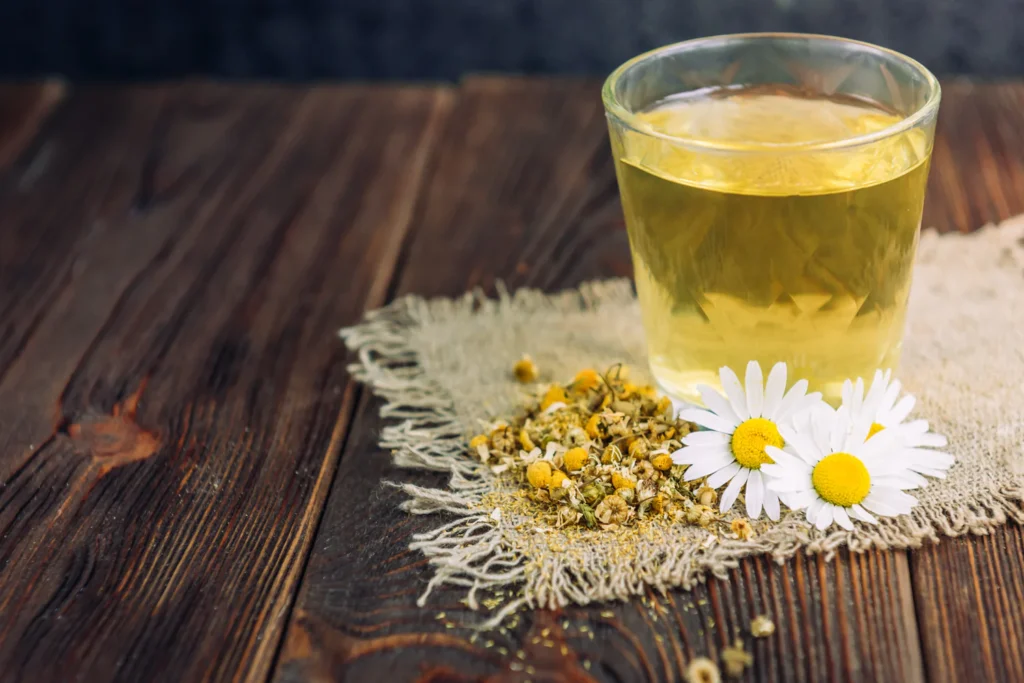
2. Natural Antihistamine: Tackling Allergy Triggers
Histamines are chemicals released by the immune system when it encounters allergens. They are responsible for many allergy symptoms, including sneezing, runny nose, and itching. Chamomile acts as a natural antihistamine, helping to lower histamine levels in the body and reduce the severity of allergic reactions.
- Supporting Research: Chamomile’s ability to inhibit the release of histamines has been documented in several studies, including one in Phytomedicine, which found that chamomile extracts can modulate the body’s immune response to allergens.
For young and middle-aged individuals who suffer from hay fever or seasonal allergies, chamomile tea can serve as a gentle alternative to over-the-counter antihistamines.
Pro Tip: Start drinking chamomile tea a few weeks before allergy season begins to help prepare your body for potential triggers.
3. Soothing Cold Symptoms: Relieving Throat Irritation
Chamomile tea is a go-to remedy for cold symptoms, including sneezing. When you’re under the weather, sneezing is often accompanied by throat irritation and congestion. The warm, soothing properties of chamomile tea can help ease these symptoms.
Chamomile is known for its ability to relax the throat muscles and reduce irritation, which may lessen the urge to sneeze. Its steam, when inhaled, can also help open up the sinuses and reduce nasal congestion.
- Practical Use: To maximize the benefits, consider inhaling the steam from a freshly brewed cup of chamomile tea before drinking it. This dual approach targets both nasal and throat discomfort.
4. Calming Effects: Reducing Stress-Induced Sneezing
Stress can exacerbate allergy symptoms, including sneezing. Chamomile is renowned for its calming effects, making it an excellent choice for individuals whose sneezing may be worsened by stress or anxiety.
The herb contains apigenin, a compound that binds to receptors in the brain and promotes relaxation. By calming the body and mind, chamomile tea may help reduce the frequency of stress-induced sneezing episodes.
- Research Highlight: A review in Molecular Medicine Reports emphasized chamomile’s role in reducing stress and promoting better sleep, both of which are essential for managing allergy symptoms.
Lifestyle Tip: Pair your evening cup of chamomile tea with a mindfulness practice, such as meditation or deep breathing, to enhance its calming effects.
5. Easy to Prepare: A Convenient Remedy
One of the best things about chamomile tea is its simplicity. Unlike many home remedies that require elaborate preparations, chamomile tea can be made quickly and easily, making it an accessible option for busy individuals.
- How to Prepare:
- Boil water and pour it over a chamomile tea bag or dried chamomile flowers.
- Let it steep for 5-10 minutes.
- Optionally, add honey or lemon for extra flavor and health benefits.
This convenience makes it easy to incorporate chamomile tea into your daily routine, ensuring consistent relief from sneezing and other allergy symptoms.
Tips for Maximizing Chamomile Tea’s Benefits
- Choose Quality Ingredients: Opt for organic chamomile tea to avoid pesticides and ensure you’re getting the full health benefits.
- Stay Consistent: Drink chamomile tea regularly, especially during allergy season, to build up its effects over time.
- Combine with Other Remedies: Pair chamomile tea with other natural remedies like honey, ginger, or turmeric for enhanced relief.
Precautions and Considerations
While chamomile tea is generally safe, it’s important to keep the following in mind:
- Allergies: If you’re allergic to plants in the daisy family (e.g., ragweed, marigolds), you may also be allergic to chamomile. Test with small amounts first.
- Pregnancy and Medication: Consult a healthcare provider if you’re pregnant, breastfeeding, or taking medications, as chamomile may interact with certain drugs.
- Overuse: Drinking excessive amounts of chamomile tea can cause drowsiness or mild digestive upset. Stick to 1-3 cups per day.
Where to Find Chamomile Tea Around the World
Chamomile tea is widely available in most parts of the world, making it an accessible remedy no matter where you live. Whether you prefer pre-packaged tea bags, loose-leaf varieties, or even growing your own chamomile, here’s a guide to finding it in different regions:
1. North America
In North America, chamomile tea is a household staple and can be easily found in supermarkets, health food stores, and online retailers. Popular brands like Celestial Seasonings, Yogi Tea, and Traditional Medicinals offer organic options. For those seeking loose-leaf chamomile, stores like Whole Foods Market and specialty tea shops are excellent choices.
If you’re into gardening, chamomile seeds are also readily available at nurseries and online platforms like Amazon. Growing your own chamomile is an affordable and rewarding option for tea enthusiasts.
2. Europe
Chamomile tea has a long history of use in European countries, especially in Germany, where it’s considered a traditional remedy. Pharmacies, supermarkets, and organic food stores typically stock both tea bags and loose-leaf chamomile.
Germany, Poland, and the UK are known for their high-quality herbal teas, so if you’re in Europe, look for local brands like Pukka Herbs or Teekanne. Farmers’ markets often sell dried chamomile flowers, which can be steeped for a fresh, homemade brew.
3. Asia
In Asia, chamomile tea is gaining popularity as a wellness beverage. You can find it in urban areas through health food chains, organic stores, or large supermarket brands like Carrefour and AEON. Online marketplaces like Lazada and Shopee often carry affordable options for tea bags and loose-leaf varieties.
In countries like India and China, traditional medicine shops may also stock chamomile flowers. Chamomile is not as commonly grown in Asia, but herbal tea enthusiasts can purchase seeds from online retailers for home cultivation.
4. Australia and New Zealand
Australians and New Zealanders enjoy a thriving market for organic and health-focused products, making chamomile tea readily accessible. Supermarkets like Woolworths and Coles stock popular brands, while specialty tea shops and organic markets offer high-grade loose-leaf chamomile.
Online tea retailers like T2 and The Tea Centre are also excellent sources for premium chamomile blends. Additionally, community markets in rural areas often sell locally grown chamomile flowers.
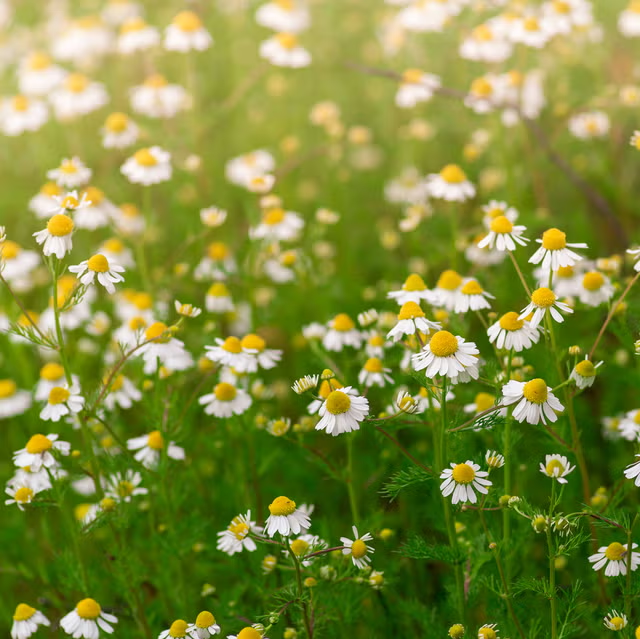
5. Africa
Chamomile tea is not traditionally part of African herbal remedies, but it is available in urban areas and growing in popularity. Major cities often have health food stores or supermarkets like Shoprite and Spar that stock international brands.
Online platforms like Jumia offer a convenient way to purchase chamomile tea in countries where it may not be readily available in local markets. For those in South Africa, retailers like Faithful to Nature specialize in organic teas, including chamomile.
6. South America
In South America, herbal teas are widely consumed, and chamomile tea (known locally as “manzanilla”) is a popular choice. It is commonly available in supermarkets, pharmacies, and herbalist shops. Countries like Argentina and Brazil have strong herbal traditions, and chamomile is often sold fresh, dried, or in pre-packaged tea bags.
If you’re visiting smaller towns, look for chamomile flowers in local markets. Farmers and herbalists often sell them in bulk at reasonable prices.
Online Options for Any Location
No matter where you are, online retailers like Amazon, iHerb, and specialty tea shops ship chamomile tea worldwide. These platforms often offer a wide selection, from budget-friendly tea bags to premium loose-leaf blends. Be sure to check reviews and certifications to ensure the quality and authenticity of the product.
By knowing where to find chamomile tea in your region, you can enjoy its benefits with ease. Whether you prefer the convenience of tea bags or the freshness of loose flowers, chamomile tea is a versatile remedy that can fit seamlessly into your lifestyle.
Conclusion: A Gentle Yet Effective Remedy
Chamomile tea is more than just a comforting beverage—it’s a powerful ally against sneezing and other allergy-related symptoms. From its anti-inflammatory and antihistamine properties to its soothing effects on the mind and body, chamomile tea offers a natural and holistic approach to managing sneezing.
For young and middle-aged individuals seeking relief from allergies or colds, chamomile tea is a safe, affordable, and effective option. By incorporating it into your daily routine, you can enjoy not only its health benefits but also the ritual of a warm, calming cup of tea.
So the next time you find yourself sneezing uncontrollably, consider reaching for chamomile tea—it just might be the natural solution you’ve been looking for.
Alternatives to Chamomile Tea for Sneezing Relief
While chamomile tea is an effective natural remedy, there are several other herbal teas and remedies you can try to alleviate sneezing caused by allergies or colds. Each has its unique properties that can provide soothing relief and additional health benefits.
1. Peppermint Tea

Why it Works: Peppermint tea contains menthol, which acts as a natural decongestant. It helps clear nasal passages, making it easier to breathe and reducing sneezing caused by allergies or respiratory infections.
How to Use:
- Brew peppermint leaves in hot water for 5–7 minutes.
- Sip the tea while inhaling the steam for added relief.
2. Ginger Tea
Why it Works: Ginger has anti-inflammatory and antihistamine properties that can help soothe irritated nasal passages and reduce sneezing. It’s also known to strengthen the immune system.
How to Use:
- Slice fresh ginger root and steep it in boiling water for 10 minutes.
- Add honey and lemon for extra soothing effects.
3. Green Tea
Why it Works: Green tea is rich in antioxidants and contains compounds that inhibit histamine production, making it an excellent choice for allergy relief. It also boosts overall immunity.
How to Use:
- Steep green tea leaves or a tea bag in hot water for 3–5 minutes.
- Enjoy it warm or iced for relief.
4. Turmeric Milk (Golden Milk)
Why it Works: Turmeric is a potent anti-inflammatory and antioxidant that can reduce nasal irritation and strengthen the body’s defenses against allergens. Combining it with milk enhances its absorption and soothing effects.
How to Use:
- Heat a cup of milk (dairy or plant-based) and add a teaspoon of turmeric powder.
- Sweeten with honey or jaggery, if desired.
5. Rooibos Tea
Why it Works: Rooibos is a South African herbal tea known for its natural antihistamine properties. It helps alleviate sneezing and other allergic symptoms without causing drowsiness.
How to Use:
- Brew rooibos tea in hot water for 5 minutes.
- Add a slice of lemon or honey for a flavor boost.
6. Lemon and Honey Water
Why it Works: Lemon is rich in Vitamin C, which boosts immunity, while honey has antimicrobial and soothing properties that ease throat irritation and reduce sneezing.
How to Use:
- Squeeze half a lemon into warm water and add a tablespoon of honey.
- Drink this mixture in the morning or whenever symptoms arise.
7. Eucalyptus Steam Inhalation
Why it Works: Eucalyptus oil helps open nasal passages, reduces inflammation, and alleviates sneezing. Though not a tea, it’s an excellent natural remedy to complement your routine.
How to Use:
- Add a few drops of eucalyptus oil to a bowl of hot water.
- Cover your head with a towel and inhale the steam for 5–10 minutes.
8. Licorice Root Tea
Why it Works: Licorice root has anti-inflammatory and soothing properties that can calm nasal irritation and reduce sneezing caused by allergies or colds.
How to Use:
- Steep licorice root in boiling water for 10 minutes.
- Strain and drink while warm.
9. Thyme Tea
Why it Works: Thyme tea is an antimicrobial and decongestant remedy that can help clear mucus and reduce sneezing.
How to Use:
- Steep fresh or dried thyme leaves in hot water for 5–7 minutes.
- Strain and enjoy with honey for added benefits.
10. Local Honey
Why it Works: Consuming local honey regularly may help build immunity to local allergens, reducing sneezing over time.
How to Use:
- Take a teaspoon of local honey daily, either on its own or mixed into warm water or tea.
Conclusion
While chamomile tea is an excellent remedy for sneezing relief, these alternatives offer a variety of options to suit different tastes and preferences. Whether you opt for peppermint tea, turmeric milk, or eucalyptus steam, incorporating these remedies into your routine can provide natural, soothing relief from sneezing. Remember to consult a healthcare professional for persistent or severe symptoms to ensure you’re addressing the root cause effectively.
Here are some trusted sources for reference:
- Health Shots: Chamomile Tea for Sneezing
- Artful Tea: Chamomile Tea Benefits
- Wyndly: Home Remedies for Sneezing
- Teaniru: Chamomile Tea Benefits
- PubMed: Chamomile’s Medicinal Properties
- Medical News Today: Chamomile and Cold Relief
- Medical News Today: Natural Antihistamines
- National Library of Medicine: Chamomile’s Health Benefits
These links provide reliable information about chamomile tea and its potential benefits for managing sneezing and related symptoms.

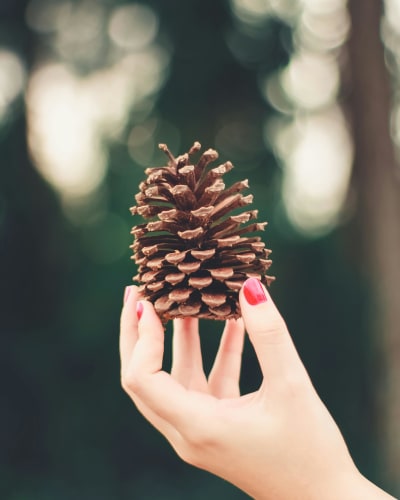




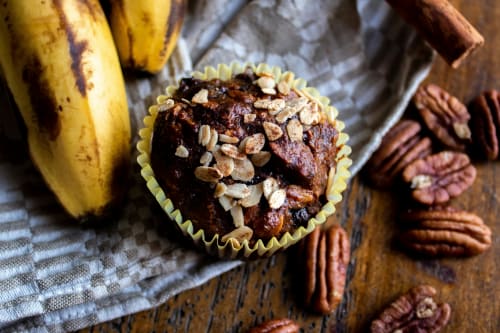


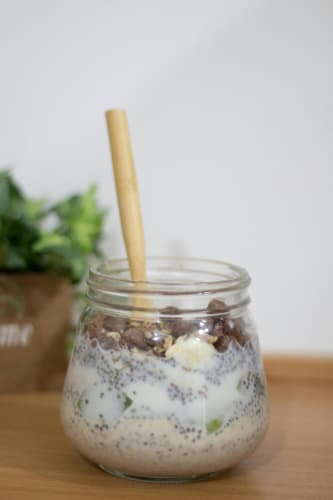
Leave a Reply